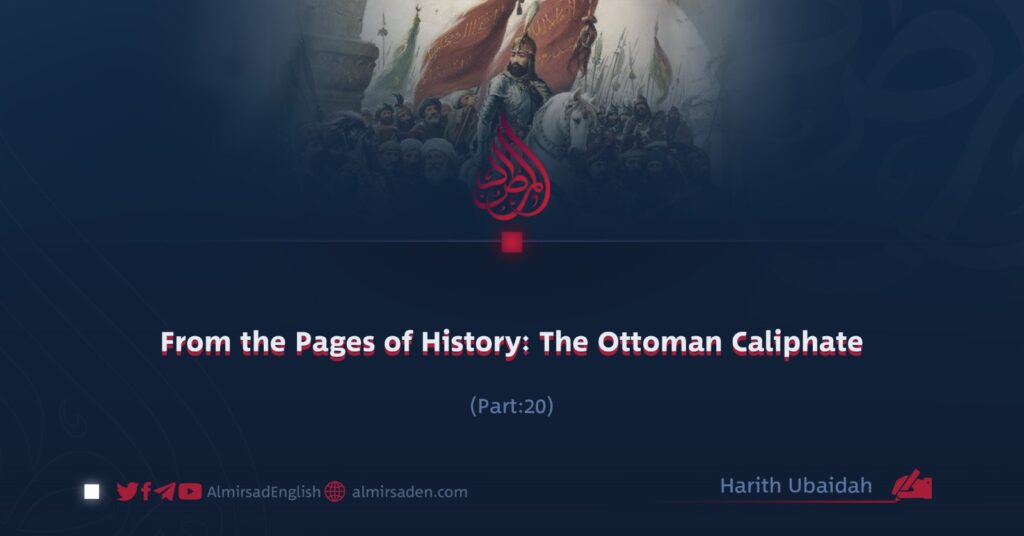Part 20
Harith Ubaidah
The Triumph of Timur the Lame
The Christian powers of the West rejoiced at the defeat of Sultan Bayezid Yildirim. His death brought a sense of relief and celebration to the anti-Islamic rulers of Europe. The monarchs of France, Castile, and Constantinople even sent congratulatory messages to Timur, convinced that the great threat looming over their lands had finally been neutralized.
Following his decisive victory, Tamerlane swiftly advanced, capturing key fortresses such as Iznik and Bursa, then pressing onward toward the Aegean coast. There, he launched an assault on the fortified city of Izmir and seized it from the Knights of Rhodes. Though he presented this campaign against the Knights Hospitaller (also known as the Knights of Saint John) as part of a broader Islamic struggle, his true intentions were widely condemned across the Muslim world. Rather than advancing the cause of Islam, Timur had destroyed the very army that had been poised to carry the banner of Islam deeper into Europe. His actions were viewed as a deep betrayal and a severe blow to the unity and strength of the Ummah.
In an effort to absolve himself of responsibility, Timur promoted the narrative that he had been confronting a grand conspiracy and that his ultimate goal had always been the conquest of Europe. He claimed that no force could halt the Muslim advance and attempted to portray his campaigns in Anatolia as acts of jihad. However, these assertions were dismissed as political maneuvering aimed at masking the deep divisions he had caused among Muslim ranks.
To further destabilize the region, Timur reinstated the emirs of Asia Minor to their former positions of power, reversing the unification efforts achieved under Bayezid. This deliberate move fragmented the Ottoman realm and shattered its central authority. Timur then exploited the political vacuum he had created by sowing discord among Bayezid’s sons, igniting a dynastic conflict that plunged the empire into a prolonged period of internal strife.
Dynastic Discord and Civil Wars
The Ottoman state now entered a period of deep turmoil. Instead of rallying together in the face of external threats, Bayezid’s sons turned on one another in a desperate struggle for the throne. This bitter civil war, lasting from 806 to 816 AH (1403 to 1413 CE), threatened to tear the empire apart.
Bayezid had five sons, all competing for control of the fragmented empire. One of them, Mustafa, is believed to have died in the early stages of the conflict. Suleiman, the eldest, was captured alongside his father but managed to escape and reached Edirne, where he declared himself ruler. Isa, another son, asserted his claim to leadership from Bursa. Mehmed, the youngest, consolidated his forces in the northeastern territories and sought to establish his own power base.
As these three brothers clashed, the enemies of the Ottomans watched with anticipation. Timur, determined to keep the Ottoman state weak and divided, released another of Bayezid’s sons, Musa, in a calculated move to intensify the power struggle. Encouraged by this, the civil war escalated. Bloodshed and destruction spread across Anatolia. Cities were left in ruins, and disorder reigned, echoing the chaos seen in lands abandoned to lawlessness and decay for centuries.
A Divine Trial Before Restoration
This era of fragmentation and despair marked a profound trial in the history of the Ottoman Caliphate. It illustrated a timeless principle: Allah does not bestow leadership or victory upon a people without first subjecting them to tests. Just as gold must be refined in fire to attain purity and value, nations must endure hardship before they are granted enduring strength and stability.
These tribulations are not punishments but necessary stages of purification. The Muslim Ummah, like those who came before, must face these tests to separate sincerity from hypocrisy and true belief from weakness. Only through perseverance can a nation be entrusted with leadership and become a force for justice and guidance.
Allah the Almighty says:
“Do the people think that they will be left to say, ‘We believe,’ without being tested? Indeed, We tested those before them. So Allah will surely make evident those who are truthful, and He will surely expose the liars.”
(Surah Al-Ankabut, 29:2–3)
The term fitnah in this verse encompasses various forms of trial, including exile, warfare, adherence to divine commands, resistance against desires, poverty, hardship, persecution, and confronting the plots of disbelievers.
